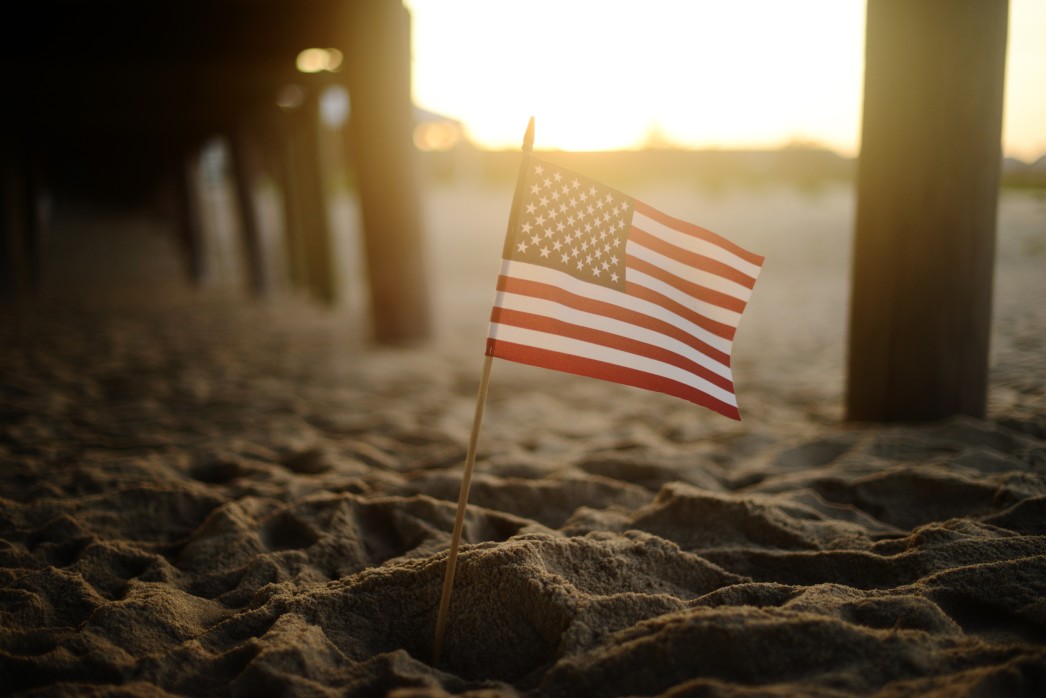
Accessibility to healthy food has become a high-priority conversation in recent years, and one of the top initiatives of First Lady Michelle Obama. The latter half of the 20th century saw an explosion of food options that were cheap and convenient, but offered dwindling nutritional value. Now, the U.S. is now experiencing a turning point in its approach to food, embracing once again fresh, natural ingredients—an increased emphasis on vegetables and improved methods of preparation. This is great news for the health of future generations.
However, many problems persist in the food industry, and also in the various government attempts at solving them. One such problem has to do with what are known as “food deserts”—communities in which there is little or no access to affordable, healthy food. This is particularly a problem in low-income areas, where many families lack reliable transportation and cannot easily travel miles to the nearest grocery store. Some argue that grocery stores are unable to generate enough revenue in such areas to justify a sustained business.
In recent weeks, two legislatures tried to combat the problem of food deserts, and their methods could not be more divergent.
The State of Maryland decided the problem simply needed financial support via tax dollars:
The measure, which passed 108-25, would offer $1 million yearly to small businesses that want to sell Maryland-grown produce in areas lacking grocery stores.
Erlene Wilson, a spokeswoman for the Department of Housing and Community Development, said the legislation is supposed to encourage creative business models. Applicants could sell healthful foods other than produce as long as they were made in Maryland.
After all, we certainly wouldn’t want hungry families subjected to Pennsylvanian granola. Here we have a double whammy for protectionism, with taxpayers footing the bill for small businesses, and customers who have to pay more for exclusively local foods. This is how governments tend to solve problems: the road between taxing and spending is paved with a lot of negotiating and rewarding.
Down in Texas, however, the Houston City Council took another route and discovered a rather unexpected solution. Instead of trying to tackle the problem with new resources and regulations, they simply got out of the way:
Supermarkets now can sell beer and wine next to schools and churches, an exemption Houston City Council unanimously granted to city regulations Wednesday in hopes of encouraging grocers to locate in neighborhoods that lack access to fresh, healthy food.
It is unfortunately a novel idea in our time to consider the effects legislation might have on economic decisions. When the members of the Houston City Council put a critical eye to their own obstructive regulations, they recognized that certain statutes limiting the sale of alcohol—a noble cause, no doubt— also tended to remove incentives for grocers, for whom alcohol sales are a critical part of a competitive business.
It turns out that some of Houston’s poorest neighborhoods have a high concentration of churches, which—in the case of Catholic institutions—is ironically the only place one is likely to find a good merlot.
This is not an endorsement of drinking or a call for the elimination of blue laws. Alcohol addiction remains on of the most harmful plagues among those in poverty (though beer and wine are unlikely the primary culprits). But, that is another post.
[pullquote] Can we take seriously a commitment to feed the hungry while preventing the most effective means for it?[/pullquote]
What ought to be noted here is that the difference in these approaches to government highlights a stark contrast between two views: one in which progress is driven by politics, and another in which progress is driven by markets, and often inhibited by politics.
Markets operate on the principle that demand drives supply. In other words, if there is a need of any kind (at any economic level), there is also an opportunity and incentive to capitalize on that need through business. This is why Walmart exists, even though it serves primarily low-income communities. The idea that markets exclude the poor is a myth. Thus, in theory, food deserts shouldn’t exist. In reality, however, governments and non-profits have inadvertently crowded out or prevented low-end food stores from developing.
It may be observed that we are quibbling between market-induced vices and government-induced food deserts, and they both have their drawbacks. Indeed, freedom implies the capacity to choose unwisely. The real concern here is whether it is wise to endow politicians with the power to determine when, where and to whom a product can be sold, and whether this determination ought to prescribe different rules for different communities. We should also consider how far such a practice might be taken in the name of virtue, even when the effects are so obviously antithetical to our values.
To pose the question differently, can we take seriously a commitment to feed the hungry while preventing the most effective means for it?


